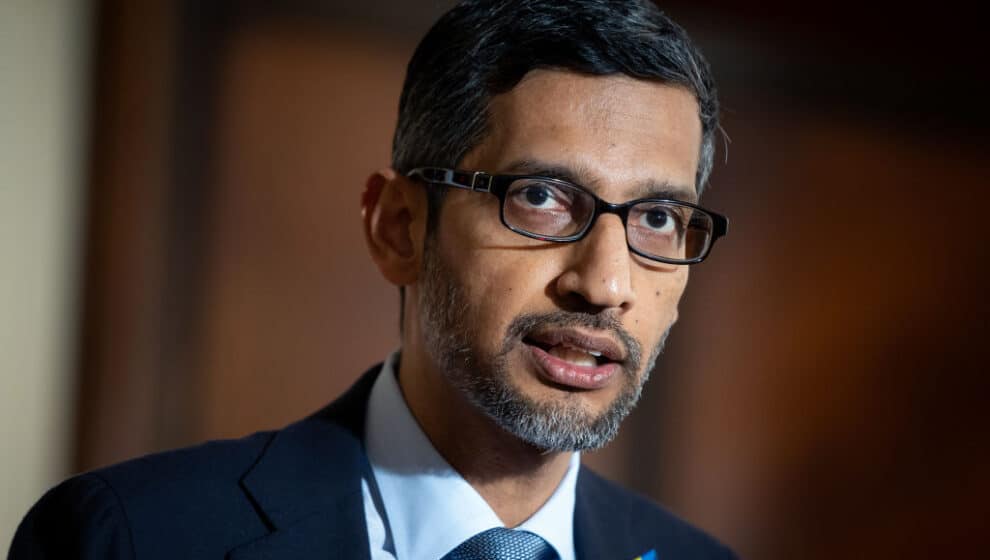Google has long been one of the biggest names in tech, yet when it comes to artificial intelligence (AI) development, the company has fallen woefully behind.
Key Details
- Earlier this week, Google announced Bard—its answer to OpenAI’s ChatGPT. Bard will be available for purchase in the coming weeks.
- CEO Sundar Pichai announced in 2016 that Google would be “AI-first,” yet San Francisco startup OpenAI has outrun the company.
- One of Google’s biggest competitors—Microsoft—is working closely with OpenAI and plans to release an AI-powered search engine that could rival Google.
- Google rivals no longer fear the tech powerhouse, even with its $280 billion in revenue and thousands of software engineers.
- Google has tried to build itself up as an industry leader in AI technology, but the company has been plagued by AI ethics scandals, the backlash around product launches, and AI talent turnover.
Why it’s news
AI is undoubtedly the next big thing in tech, so it’s surprising that an industry leader like Google is struggling to keep up with smaller companies like OpenAI. Google’s AI failings aren’t for lack of trying. The company has been working for years to develop useful AI technology, but one setback after another has crippled Google’s AI development.
Competitors aren’t holding back as companies like Microsoft jump at the opportunity to implement AI. Clients reaching out to Microsoft’s Viva Sales will soon receive responses from ChatGPT, allowing workers to focus on more complex customer issues. OpenAI’s new product will have access to customer records and data, allowing it to respond to customer queries.
Microsoft’s Bing has struggled to gain any traction in competition against the Google search engine, but adding AI could draw curious new users. As an investor of nearly $1 billion, Microsoft has first access to commercial use for several OpenAI technologies. Introducing AI to search engines could challenge Google’s position as the number one search engine—the first time in years that Google has faced a serious threat.
After the shock of OpenAI’s new technology, Google reportedly plans to take a less cautious approach with its AI plans, Forbes reports.
Backing up a bit
In 2018, Google unveiled its AI Duplex. This voice assistant could speak in a startlingly human-like voice. In a demonstration, CEO Sundar Pichai asked the assistant to book a hair appointment with a salon. Duplex called the salon, speaking to a real person on the other end of the phone seamlessly, complete with verbal clutter like “um” and “uh.” Pichai pitched the assistant as a tool to book appointments with businesses that don’t have an online booking system.
While Google’s new AI tool wowed audiences, public opinion quickly shifted. Audiences questioned whether or not Duplex would disclose that it was a robot when making a call. Many called into question the ethics of AI masquerading as a human.
The intense backlash against Duplex is part of the reason Google has been hesitant and cautious with any new AI development.
Duplex wasn’t Google’s only AI misstep. In 2018, employees spoke out against a Google contract with the Pentagon that used AI to carry out drone strikes more accurately. Google subsequently withdrew the agreement and established its “AI Principles” to serve as an ethics guide for the company moving forward, Forbes reports.
The following year, Google contractors were accused of training AI facial recognition technology by scanning the faces of homeless people of color. This wasn’t the end of Google’s AI racial bias troubles. In 2020, Google fired Ethical AI leads Timnit Gebru and Margaret Mitchell after writing a paper critical of biases in Google’s AI tech.

